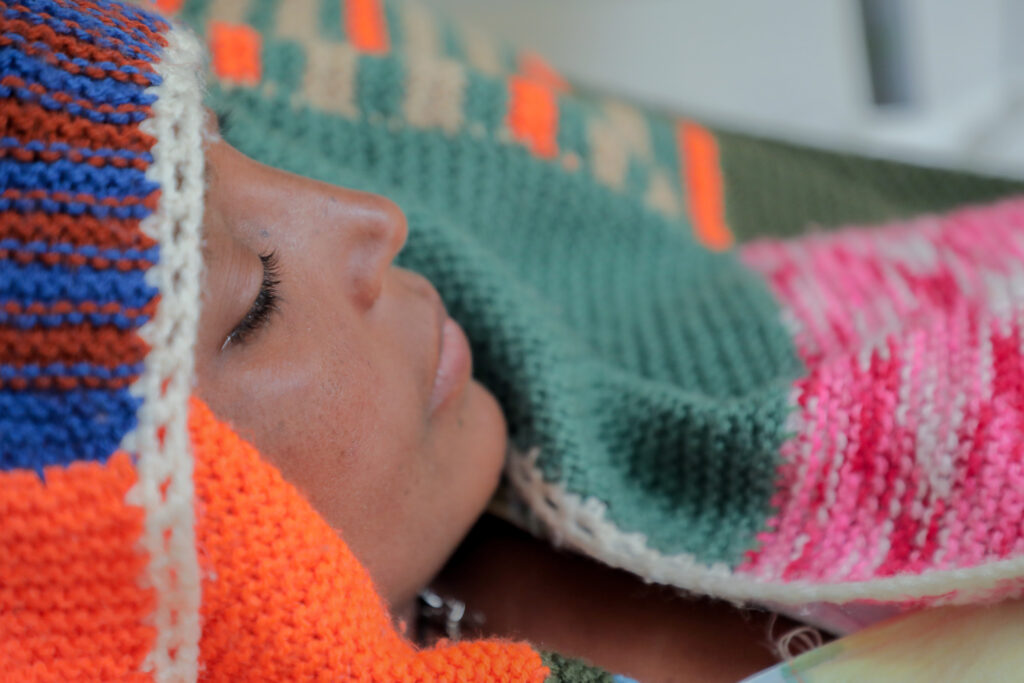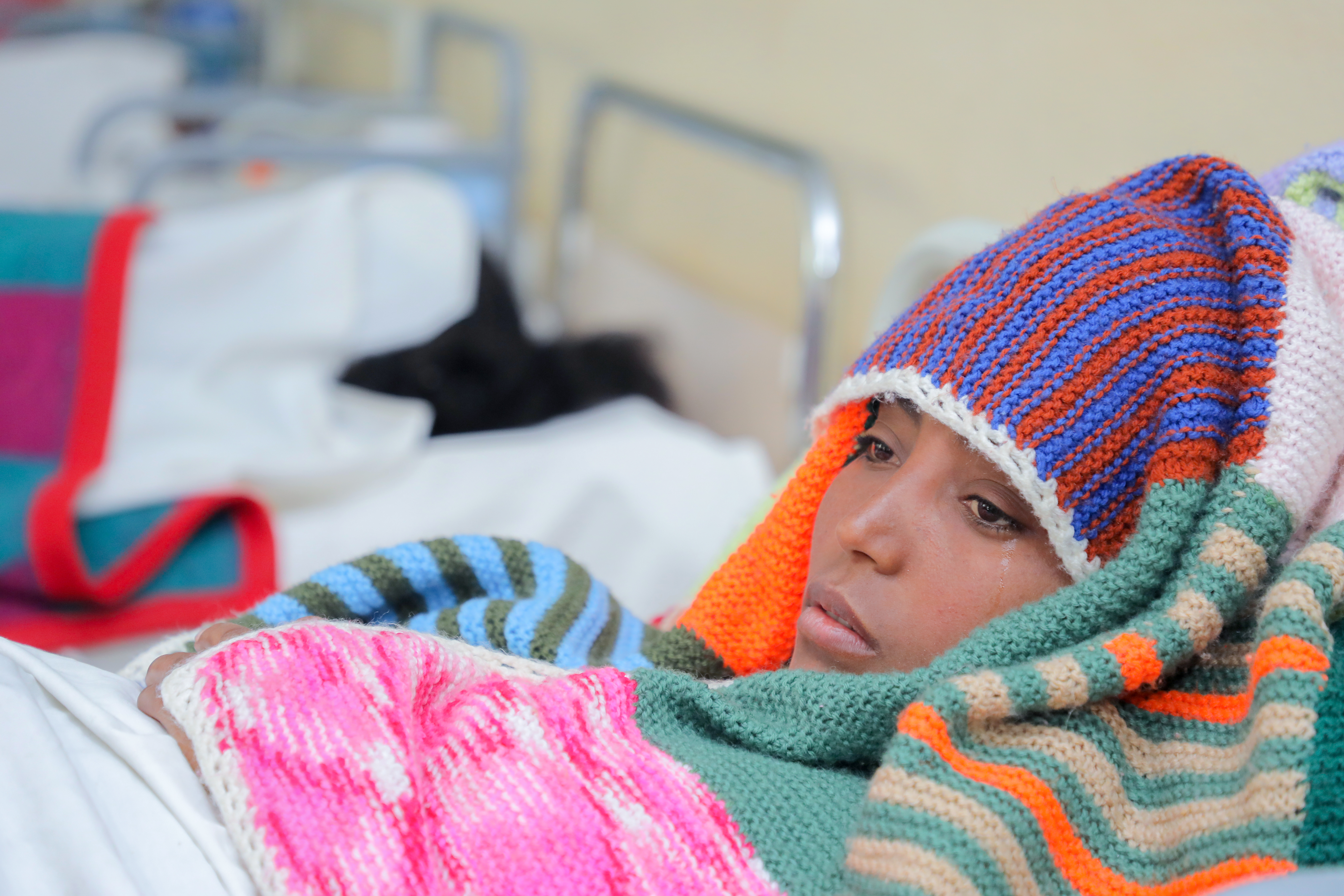An often-untold story is the impact of civil conflict and violence on childbearing women.
Please note this story contains distressing information.
The Tigrayan conflict of 2020-2022 left a large-scale humanitarian crisis in its wake. The violence led to more than 2.6 million people internally displaced and more than 97,000 refugees. Famine and food insecurity skyrocketed as families fled their small farms and humanitarian aid was blocked. Mothers watched their children starve, as one third of Tigrayan children suffered acute malnutrition.
Women are vulnerable to the use of rape as a weapon of war, and nearly 1 in 10 women and girls were raped in the first 8 months of the war - mostly gang rape by soldiers.
These numbers are deemed to be highly underreported, as rural women are more likely to face social stigma around rape and less likely to access healthcare. Ninety percent of the sexually abused women were unable to receive health care as only 17% of health centres were open, mostly in urban areas. More than 70% of hospitals and maternity centres closed, leaving women without essential medical care during pregnancy and labour.
A worrying outcome of the conflict in Tigray is likely to be an increase in obstetric fistulas, as women faced sexual violence and closed maternity services. Sadly, this threat became a devastating reality for Genet*.
With the war raging around her, Genet was left to labour at home without a midwife. The nearby government maternity centre closed because of the danger. Genet’s labour did not go well. Her baby died, and she was left with an obstetric fistula injury, causing her urine to stream uncontrollably down her legs.

Three days after childbirth, Genet was raped by soldiers as she lay in her home trying to recover. The sexual trauma caused her fistula to worsen, and now she leaked faeces as well.
The ongoing conflict prevented her from seeking help. It wasn’t until two and a half years later that she learned about the Hamlin Fistula Hospital in Mekelle from health professionals in her hometown. Genet cried as she recalled,
The past two years of the conflict were the most difficult time in my life. I had a very hard time. I and many women were raped, young people killed, and people displaced. A lot happened to me and my family. I still feel the pain when I think about it.
The compassionate and respectful care she has been given at Hamlin has helped begin restoring her hope and dignity again. Genet has dreams for her future.
I was relieved when I came here to Hamlin and saw other women like me. I felt hope I would be cured. When I am back home after being cured, I plan to open a small shop and live an independent life. I am excited by the services I am receiving here and would like to thank those who let me be treated free of charge. May God bless you. Thank you!
*This patient’s name has been changed.
Every woman deserves safety.

